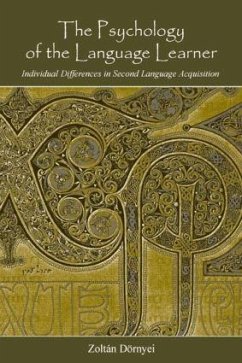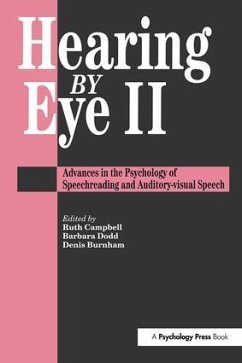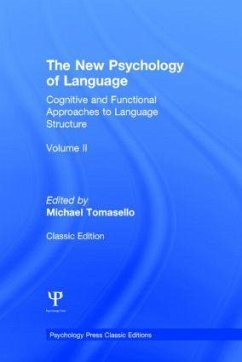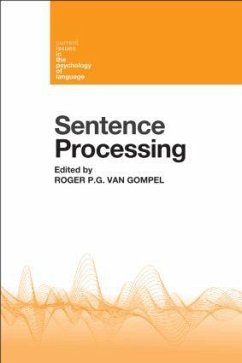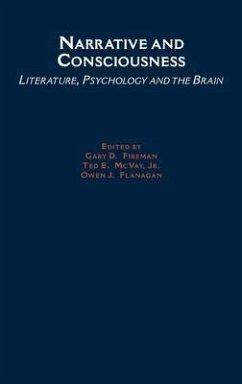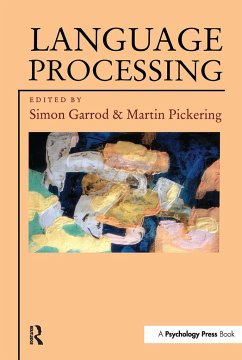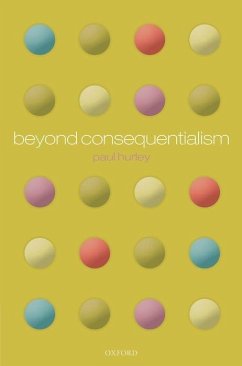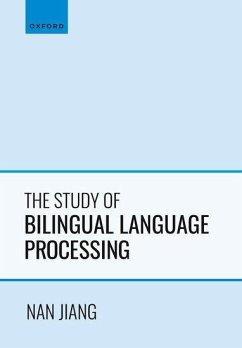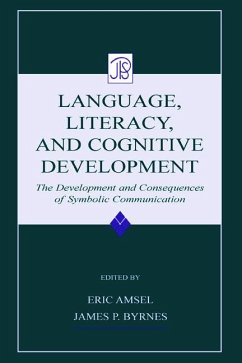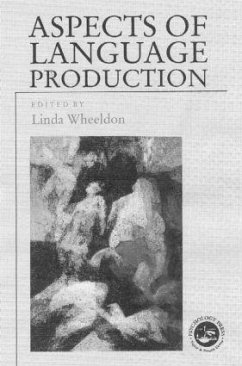Nicht lieferbar
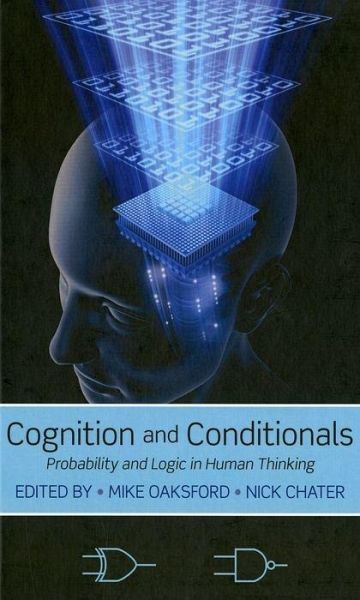
Cognition and Conditionals
Probability and Logic in Human Thinking
Herausgeber: Oaksford, Mike; Chater, Nick
Versandkostenfrei!
Nicht lieferbar
The conditional, if...then, is probably the most important term in natural language and forms the core of systems of logic and mental representation. It occurs in all human languages and allows people to express their knowledge of the causal or law-like structure of the world and of others' behaviour, e.g., if you turn the key the car starts, if John walks the dog he stops for a pint of beer; to make promises, e.g., if you cook tonight, I'll wash up all week; to regulate behaviour, e.g., if you are drinking beer, you must be over 18 years of age; to suggest what would have happened had things ...
The conditional, if...then, is probably the most important term in natural language and forms the core of systems of logic and mental representation. It occurs in all human languages and allows people to express their knowledge of the causal or law-like structure of the world and of others' behaviour, e.g., if you turn the key the car starts, if John walks the dog he stops for a pint of beer; to make promises, e.g., if you cook tonight, I'll wash up all week; to regulate behaviour, e.g., if you are drinking beer, you must be over 18 years of age; to suggest what would have happened had things been different, e.g., if the match had been dry it would have lit, among many other possible uses. The way in which the conditional is modelled also determines the core of most logical systems. Unsurprisingly, it is also the most researched expression in the psychology of human reasoning. Cognition and Conditionals is the first volume for over 20 years (On Conditionals, 1986, CUP) that brings together recent developments in the cognitive science and psychology of conditional reasoning. Over the last 10 to 15 years, research on conditionals has come to dominate the psychology of reasoning providing a rich seam of results that have created new theoretical possibilities. This book shows how these developments have led researchers to view people's conditional reasoning behaviour more as succesful probabilistic reasoning rather than as errorful logical reasoning. It shows how the multifarious, and apparently competing, theoretical positions developed over the last 50 years in this area - mental logics, mental models, heuristic approaches, dual process theory, and probabilistic approaches-have responded to these insights. Its organisation reflects the view that an integrative approach is emerging that may need to exploit aspects of all these theoretical positions to explain the rich and complex phenomenon of reasoning with conditionals. It includes an introductory chapter relating the development of the psychology of reasoning to developments in the logic and semantics of the conditional. It also includes chapters by many of the leading figures in this field. Cognition and Conditionals will be a valuable resource for cognitive scientists, psychologists and philosophers interested how people actually reason with conditionals.




